Regardless of one’s position on capital punishment, nearly all people agree that the method should be humane. This was the rationale for the embrace of lethal injection in the 1980s but has proven problematic, with ‘botch’ rates now much higher than for other methods. Much of this comes down to the pharmacology of the drugs used and problems with their administration.
Dr. Alex Straiker will talk about the history and pharmacology of lethal injections in the US.
Four things are different from our usual meetings:
1) We’re starting at 7pm
2) We’re at Hopscotch on Morton & Dodds
3) Hopscotch doesn’t traditionally have food, though they’re working on that and we’ll update this event as more information becomes available They do have coffee, tea, beer, and pastries all the time.
4) We’re on the 3rd, rather than 4th Wednesday, so as not to conflict with Green Drinks

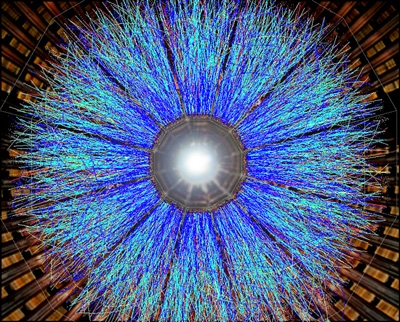
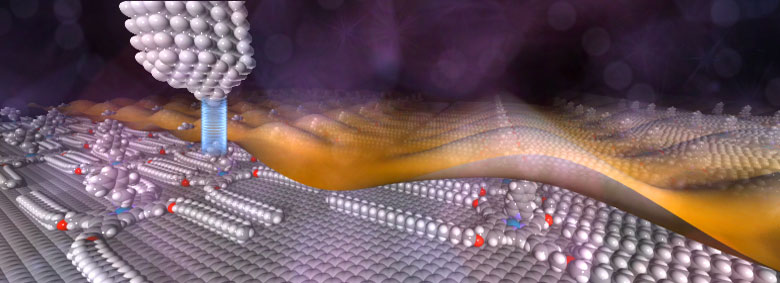
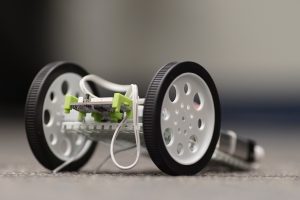
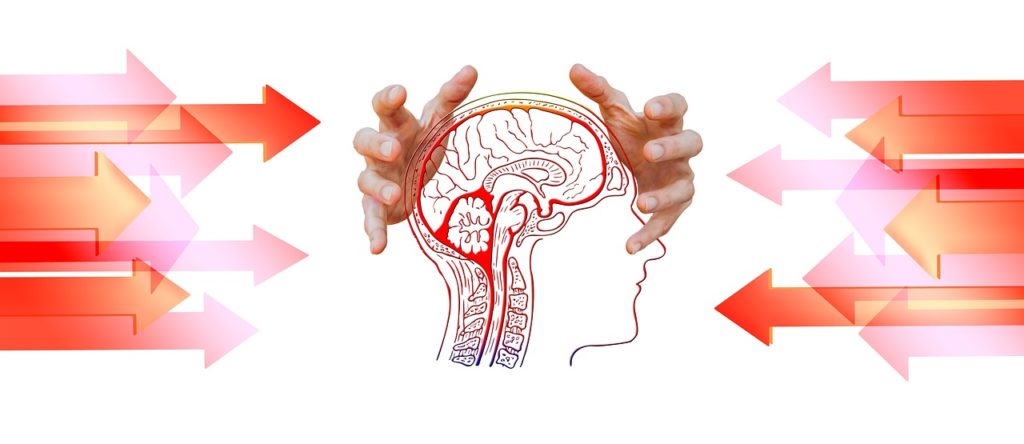
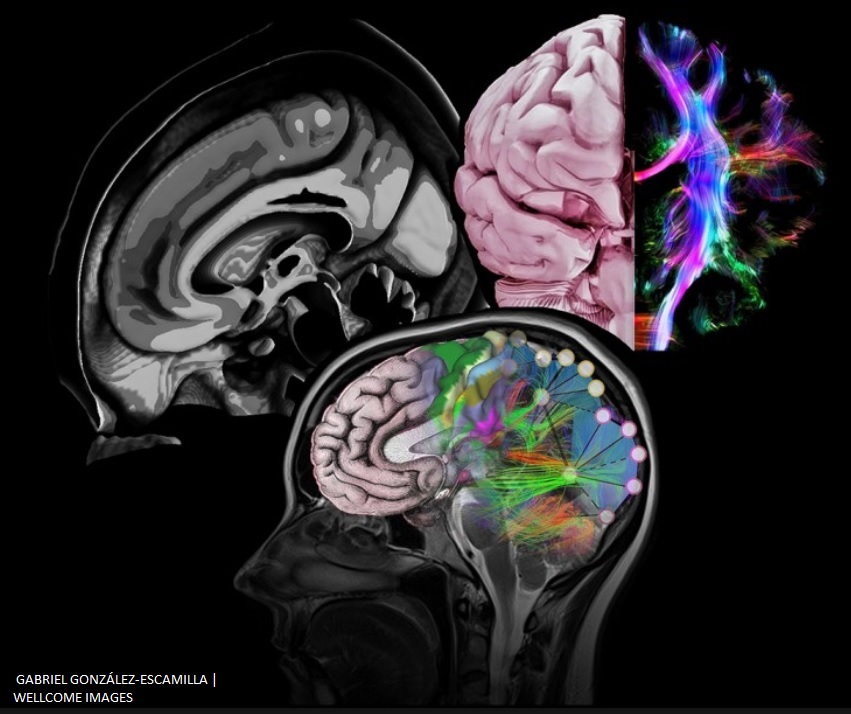 Huntington’s disease, a fatal neurodegenerative condition that strikes in the prime of life, is caused by a single gene defect. The mutant gene was identified in 1993 but hope for a cure was far from assured as subsequent research revealed an amazingly complex role for this gene in brain function. Now, a positive phase I clinical trial and a $45 million bet from Roche suggests a reason for optimism. And if the therapy works for HD patients could a similar approach work for other neurodegenerative conditions?
Huntington’s disease, a fatal neurodegenerative condition that strikes in the prime of life, is caused by a single gene defect. The mutant gene was identified in 1993 but hope for a cure was far from assured as subsequent research revealed an amazingly complex role for this gene in brain function. Now, a positive phase I clinical trial and a $45 million bet from Roche suggests a reason for optimism. And if the therapy works for HD patients could a similar approach work for other neurodegenerative conditions?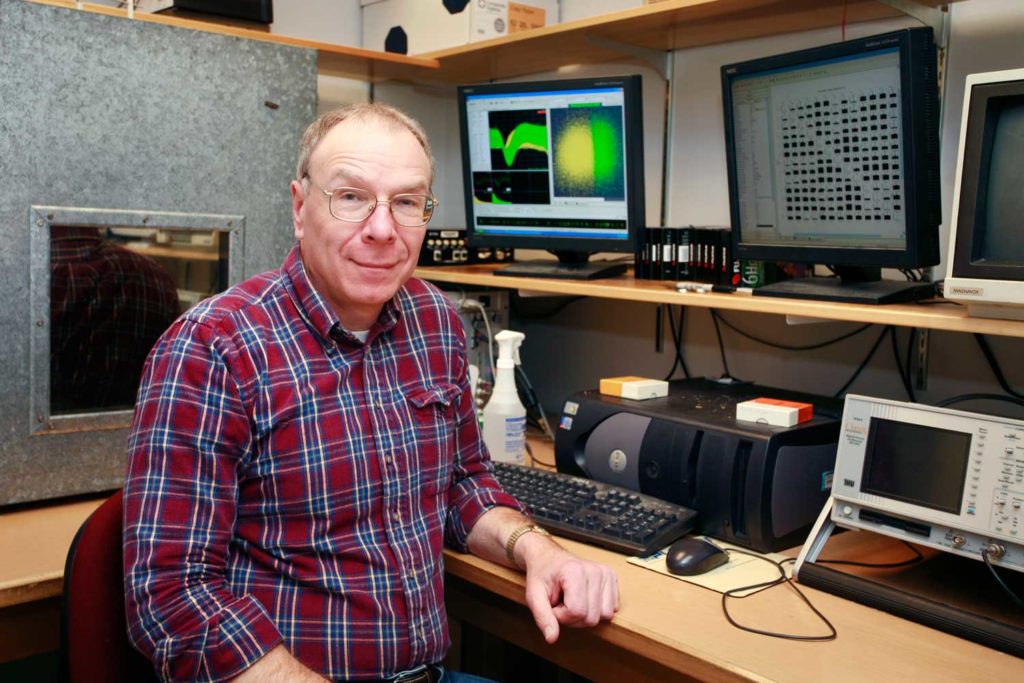
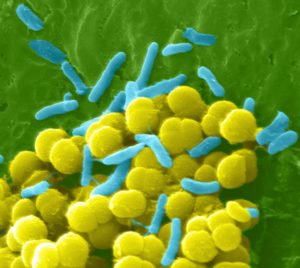
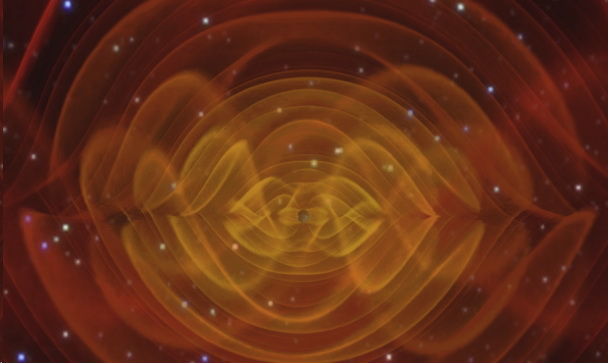 Already the information from the violent events which makes these waves is giving us new insights into physics and astronomy. Michael Snow will explain what a gravitational wave is, describe how they are detected, and report on the latest news: the discovery of where the heavy chemical elements in the universe are made.
Already the information from the violent events which makes these waves is giving us new insights into physics and astronomy. Michael Snow will explain what a gravitational wave is, describe how they are detected, and report on the latest news: the discovery of where the heavy chemical elements in the universe are made.